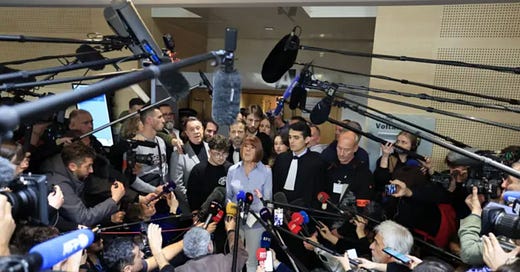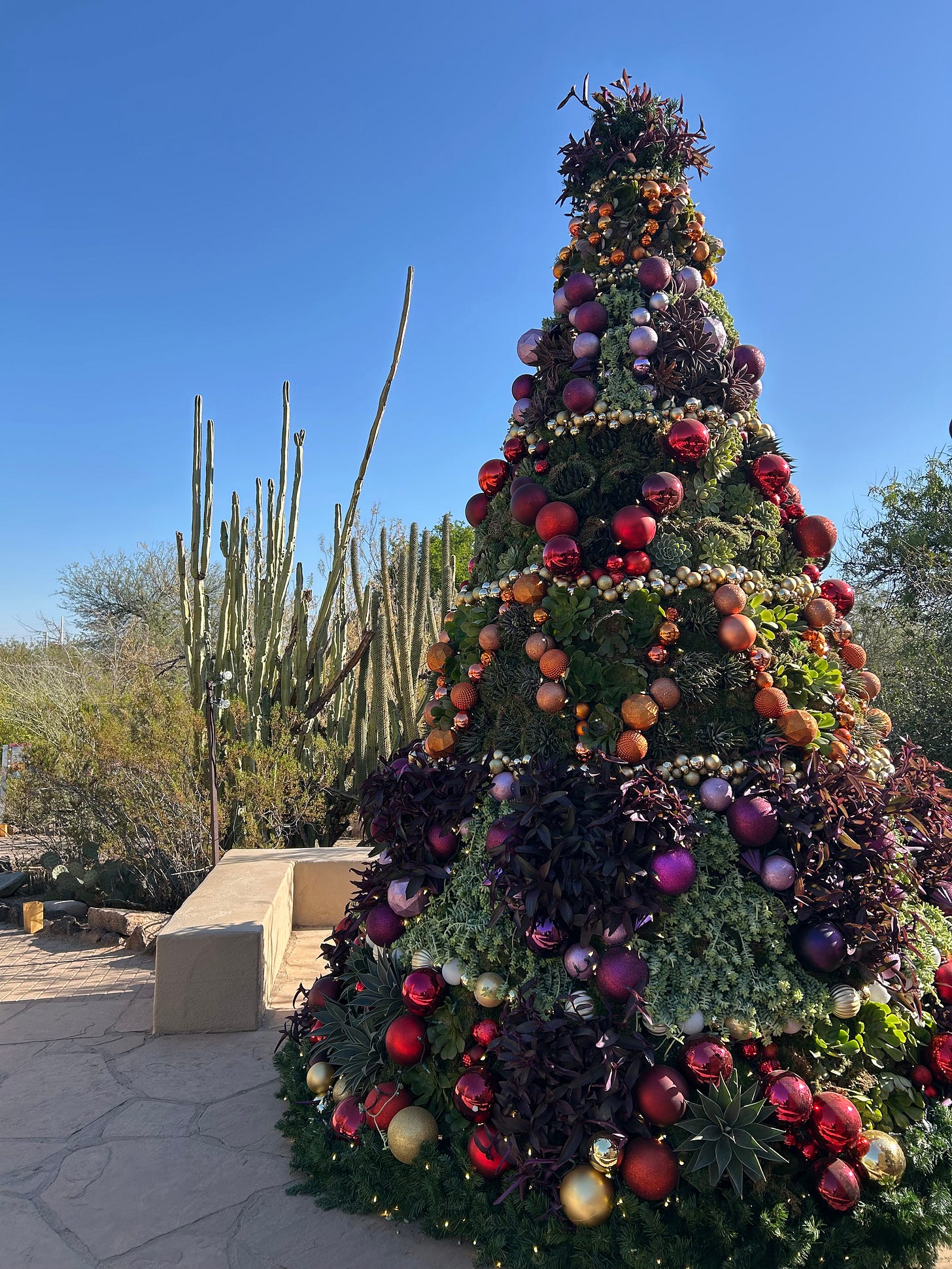Like everyone else, I’ve been thinking of Gisèle Pelicot this week. And, like everyone else, when I think of her, I think of her face.
The monstrous details of her victimisation are secondary to the power of the image of her - poised, defiant, unashamed - outside court after facing her repulsive husband and the 50 other men now convicted of raping her. By insisting the trial should be held in public, Gisèle has ensured that any shame belongs to those men only. And by waiving her anonymity, she has become an enduring symbol of female strength.
Faces are powerful, but takes enormous guts to show yours if you’re at the centre of a story that’s anything near as appalling as Gisèle’s.
I often speak people who want to be interviewed anonymously. The first thing I tell them is that I can never promise total anonymity: I can hide faces and change names, places and other identifying details, but other people might recognise their voice, their story or even their particular turn of phrase.
The second thing I tell them is that I’ll need to tell my readers, listeners or viewers why identities have been hidden. Is it because someone has gone through something traumatic, or because they want to be protected from possible repercussions from speaking to me? If it’s the latter, audiences will be less ready to hear what they’re saying.
And there is a third thing, which I tend not to say, but which matters just as much: human beings respond to faces on an emotional level. We listen more closely, and feel more deeply, when we can see the person telling the story with nothing to hide.
Of course, there are so many good reasons for not wanting to be exposed and vulnerable as the public face of a harrowing story. A moving interview given by someone whose identity has been hidden can still have incredible power. And not everyone can be Gisèle Pelicot. But those that can will have an enormous impact.
This is the last LRN of the year. I have loved 2024. It has given me enough stories and adventures to fill up no less than 14 little red notebooks.
I wrote about the surgeon who burned his initials onto the livers of his patients, the mother who was wrongly accused of deepfaking videos of her daughter’s cheerleading rivals, how medical schools are running out of cadavers, how Kew is fighting poachers in South Africa, and why so many young people are getting cancer. I travelled to Tel Aviv to cover Israel’s fight to make fathers out of its dead soldiers. I got a privileged insight into what happens when people with psychosis get to meet digital avatars of the voices inside their heads. And I spent the weirdest day of my life in Pennsylvania with the posterchildren of the pronatalism movement.
The Price of Life came into the world, and I got to tour the UK talking to people about it. It made it onto the i’s ‘Most Underrated Books of 2024’ list, which made me a little sad (I always thought it was most highly rated….) until I read the nice words that went with it. (“For something so informative, it is quite extraordinary just how riveting this book is.” Not too late to buy it for Christmas, you know.)
It was BBC Radio 4’s Book of the Week, so not totally underrated. Elsewhere on Radio 4 this year there was The Gift, as well as a stint presenting Woman’s Hour.
There’s so much more yet to come. Christmas University Challenge! (30th Dec, 8.30pm on BBC Two.) Plenty more of The Gift! The paperback of The Price of Life! Stories from my recent American escapades that I can’t wait to share with you! Plus some other exciting things I’m not allowed to tell you about yet.
I’ve loved writing this newsletter. Thank you so much for sharing this year with me.
Things that have caught my eyes and ears:
Currently reading and loving Nathan Hill’s Wellness - hilarious, poignant and so ambitious
Listened to the audiobook of Dave Grohl’s The Storyteller on a very long drive through the desert and ended up really hating it. What an insincere, cynical piece of PR. Ew
Enjoyed the Netflix doc on the Ashley Maddison hack - clever, sensitively made, excellent aeroplane viewing
Marvelled at the weird beauty of cacti in Phoenix’s Desert Botanical Garden. And admired their peerless Christmas tree, made of succulents:
Merry Christmas!





